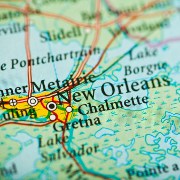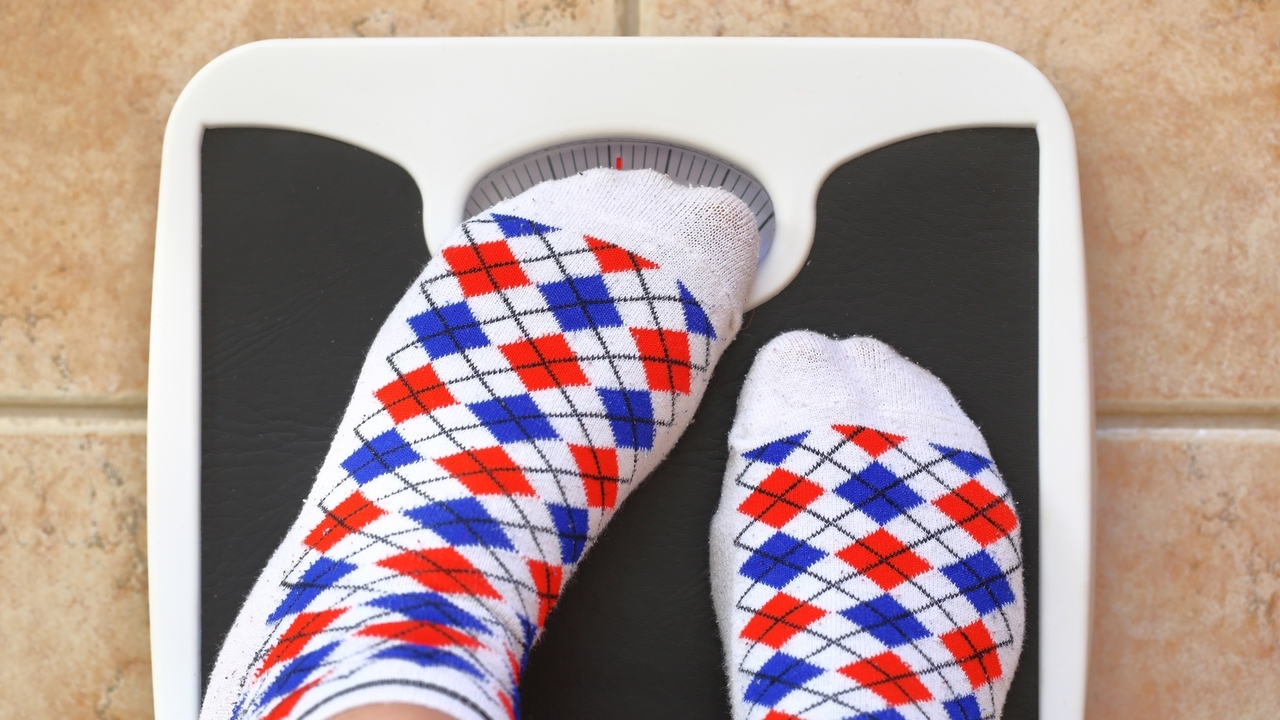 Photo: Getty Images
Photo: Getty Images
According to a new study released on April 3, 2011, Hurricane Katrina survivors have a three times greater risk of heart attacks. These heart attacks result in over 1,000 deaths each year in New Orleans.
Researchers collected the data and observed New Orleans residents two years after the hurricane disaster. The data was presented at the American College of Cardiology scientific meeting.
Tulane University Hospital, which collected the data, compared the rate of heart attacks four years after the storm and two years prior to the hurricane. The heart attack admissions rate prior to the storm was .07 percent. The heart attack admissions rate four years after the storm was 2.2 percent.
Mental health and stress did not appear to be an issue two years after the hurricane.
Dr. Anand Irmpen, who presented the data, suggested the possibility of a lag time between mental health issues and a heart attack. Irmpen, the chief of cardiology of the Southeast Louisiana Veterans Health Care System, said, "We expected a down-trend after four years."
Nearly six years after the hurricane, many New Orleans residents have not regained employment and have not moved back into their residences. Irimpen believes many residents are not complying with healthy treatments plans to prevent heart attacks. Also, researchers believe a poor health system and the anxiety of not being able to return home contribute the heart attack risk.
"It appears that these psychiatric illnesses -- like anxiety and depression -- all seem to be contributing, and they are known to contribute to cardiac illnesses," said Irmpen.
The American Psychological Association offered these recommendations to cope with a hurricane or other traumatic experience:
• Establish a routine. For example, establish meal times and an exercise routine. Eat healthy and get plenty of rest. Also, take time off for enjoyable activities and hobbies.
• Recognize this period as a challenge time which is manageable. Think about how you have overcome other hardships and challenges in your life.
• Take time to mourn your loss. Be patient and kind to your emotional state. Do not beat yourself up.
• Turn off the TV. Avoid the news, especially before you go to bed. The news visuals may give you emotional flashbacks and make you feel stress.
• Find and search out support groups. Your inner support group may be temporarily weakened if they also experienced the same traumatic experience.
• Keep a diary of your feelings. Do not sensor or judge your writing.
• Understand your situation is temporary and it will take time to overcome this temporary situation.
• Avoid major life decisions like moving, ending a marriage or switching careers. These situations can cause additional and unwarranted stress.
Sources:
http://www.msnbc.msn.com/id/42404690/ns/health/
http://www.bloomberg.com/news/2011-04-03/new-orleans-heart-attacks-three-times-more-common-after-katrina-hurricane.html
http://www.businessweek.com/lifestyle/content/healthday/651529.html
http://www.apa.org/helpcenter/hurricane-stress.aspx





Add a CommentComments
There are no comments yet. Be the first one and get the conversation started!